7 Machine Learning Books For Beginners
Nov 08, 2021 21586 seen
Machine Learning: Beginning
Machine learning has given humanity the ability to run tasks in an automated manner. It enables us to improve what we already do by analyzing a continuous stream of data related to the same task. Machine learning has a wide range of applications in fields ranging from space research to digital marketing.
Machine learning is also the foundation of artificial intelligence. We are not yet inundated with machines capable of making decisions on their own. There's still a long way to go. However, the possibilities that emerge along the way are limitless.
There are numerous books available on the market if you want to learn machine learning. This article contains a list of the best ML books. Each of these books is extremely popular, so choose the ones that appeal to you based on your learning ability.
1. Machine Learning For Absolute Beginners
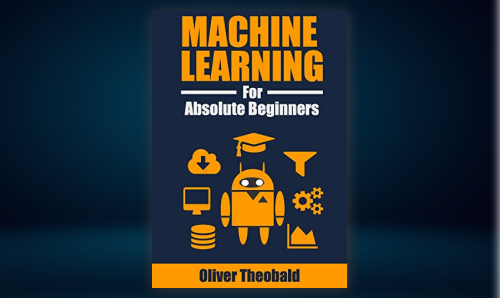
Do you want to learn Machine Learning but don't know where to start? This is where this book comes in! It is a hands-on, high-level introduction to Machine Learning for complete newcomers. Machine learning for absolute beginners teaches you everything from learning how to load free datasets to the machine learning tools and libraries you'll need. Also covered are topics such as data cleansing techniques, regression analysis, clustering, neural network fundamentals, bias/variance, decision trees, etc. the vastness of ML-like Simba looking at the Proud Lands of Africa, then this is the best book to gently lift you up and offer you the clear lines in the ground.
2. Machine Learning For Dummies
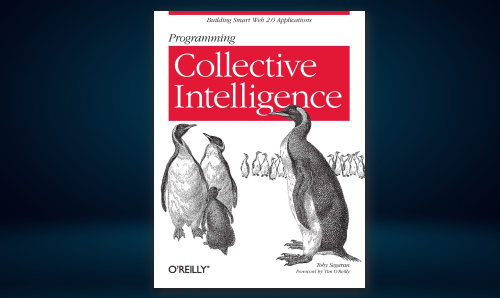
For ordinary people, machine learning can be a mind-boggling concept. Without machine learning, it is impossible to handle things like web search results, real-time ads on web pages, automation, or even spam filtering. As a result, this book is a solid guide that can serve as a jumping-off point into the enigmatic world of machine learning.
Machine Learning for Dummies will teach you how to "speak" specific languages like Python and R. You'll also learn how to write R code with R Studio and Python code with Anaconda.
3. Machine Learning for Hackers
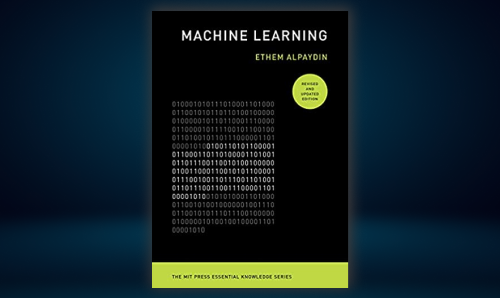
Without machine learning, it is impossible to handle things like web search results, real-time ads on web pages, automation, or even spam filtering. As a result, this book is a solid guide that can serve as a jumping-off point into the enigmatic world of machine learning.
Machine Learning for Hackers is divided into chapters that each address a different problem, such as classification, prediction, optimization, and recommendation. It will also teach you how to analyze various sample datasets and write simple machine learning algorithms in R.
4. Machine Learning: The New AI
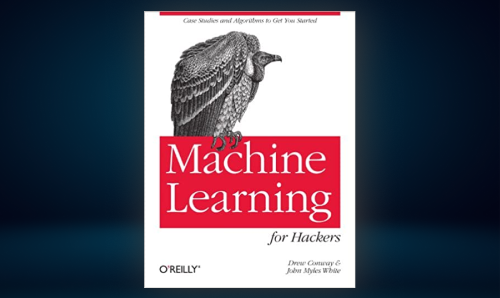
Machine Learning has an insane range of applications in modern times, from product recommendations to voice recognition and even applications that are not commonly used, such as self-driving cars! Data is now the foundation of ML, and as data has grown larger, it is no surprise that ML has advanced, as it is critical in the process of converting data into knowledge.
Machine Learning: The New AI focuses on fundamental Machine Learning, covering topics such as evolution, important learning algorithms, and example applications. This book also covers pattern recognition machine learning algorithms, artificial neural networks, reinforcement learning, data science, and the ethical and legal implications of ML for data privacy and security.
5. Programming Collective Intelligence
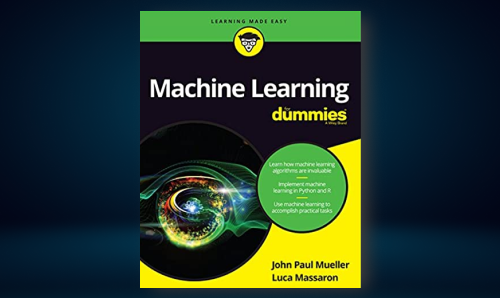
This is more of a how-to manual for implementing machine learning than an introduction to machine learning. This book will teach you how to write machine learning algorithms to collect data for specific projects. It teaches readers how to write programs that access data from websites, collect data from applications, and decipher what that data means once it has been collected. Among other things, "Programming Collective Intelligence" includes filtering techniques, methods for detecting groups or patterns, search engine algorithms, and methods for making predictions. Each chapter contains exercises that demonstrate the lessons in the application.
6. Machine Learning in Action
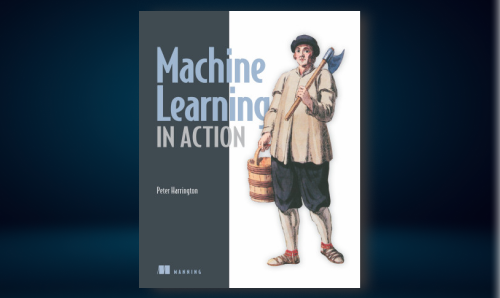
"Machine Learning in Action" is a book that will walk newcomers through the techniques required for machine learning as well as the concepts underlying the practices. It serves as a tutorial for developers to learn how to write their own programs to collect data for analysis. This book will teach you the techniques used in practice, with a strong emphasis on the algorithms themselves. The programming language snippets include code and algorithm examples to help you get started and see how machine learning is progressing. Because it is used in the majority of the examples, familiarity with the Python programming language is advantageous.
7. Data Mining: Practical Machine Learning Tools and Techniques
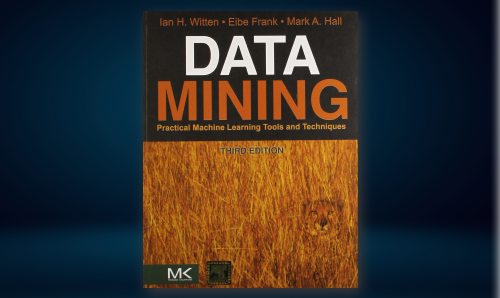
The authors of "Data Mining" concentrate on the technical work in machine learning and how to gather the data you require from specific mining techniques. They delve into the technical aspects of machine learning, teaching data collection methods as well as how to evaluate results using a variety of inputs and outputs. Because machine learning develops constantly, the book also covers modernization and new software that are shaping the field. Traditional techniques, as well as new research and tools, are presented. The authors' own software, Weka, developed for applied machine learning, is particularly noteworthy.


